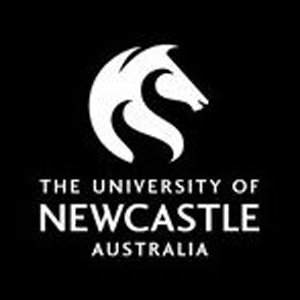Refine results
Level of study
Location
Study Mode
Field of study

Bachelor of Science (Nutrition and Food Science)
- Curtin Perth
- 3 years full-time
- ATAR: 70 or above

Bachelor of Food Science and Human Nutrition (Honours)
- Ourimbah
- 1 years full-time

Bachelor of Food Science and Human Nutrition
- Ourimbah
- 3 years full-time
- ATAR: 67 or above
Bachelor of Food and Nutrition Science - Honours
- North Terrace | Also at 1 other campus
- 4 years full-time
Bachelor of Food Science and Technology
- City
- 3 years full-time

Bachelor of Food Science and Human Nutrition / Bachelor of Business
- Ourimbah
- 4 years full-time
- ATAR: 67 or above
Bachelor of Food Science and Nutrition
- Perth campus
- 3 years full-time
- Tuition fees: $29,414
- ATAR: 70 or above
Bachelor of Nutrition Science
- Wollongong
- 3 years full-time
- ATAR: 75 or above
Bachelor of Nutrition Science
- Melbourne Burwood
- 3 years full-time
- ATAR: 60 or above